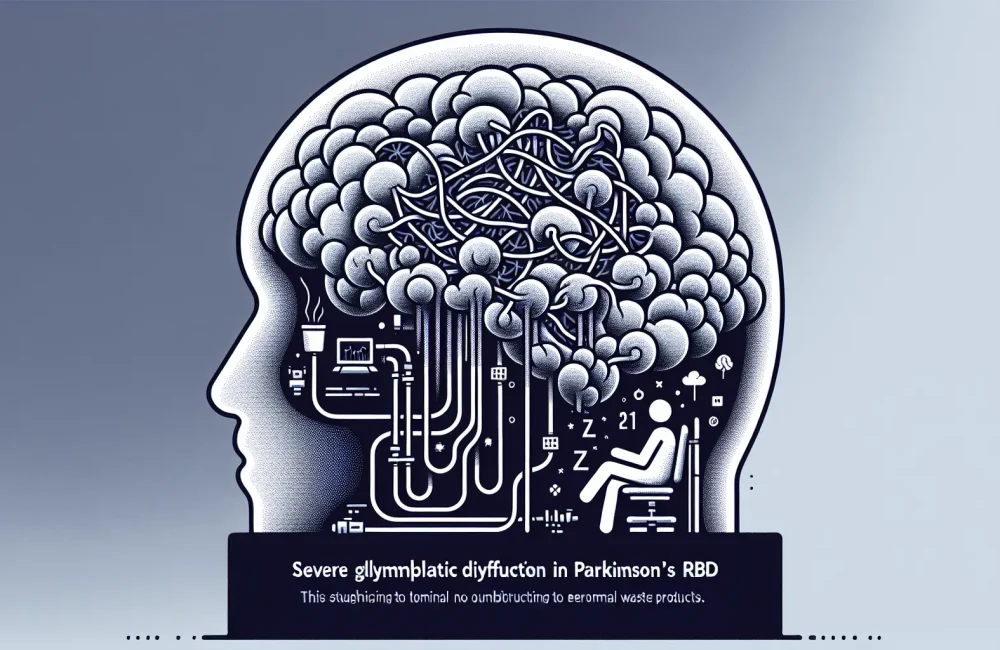By CAFMI AI From npj Parkinson’s Disease (Open Access)
Vitamin B6 Deficiency and Kynurenine Pathway Dysregulation in Parkinson’s Disease
Parkinson’s disease (PD) is a complex neurodegenerative condition that extends beyond its well-known motor symptoms to include significant non-motor features, notably neuroinflammation. Central to the recent understanding of PD pathology is the kynurenine pathway (KP) of tryptophan metabolism, a critical metabolic route that influences neuroinflammatory and neurotoxic processes within the nervous system. Vitamin B6, specifically its active form pyridoxal 5’-phosphate (PLP), functions as an essential cofactor for several enzymes in the KP. This pathway produces metabolites that can modulate neuronal health and inflammation, making it a key area of interest in PD research. Recent evidence from biochemical and metabolomic studies has demonstrated that patients with PD have a significant reduction in PLP levels, pointing toward a vitamin B6 deficiency within this population. This reduction disrupts the balance of metabolites produced via the KP, shifting the profile towards increased production of neurotoxic intermediates such as 3-hydroxykynurenine and quinolinic acid. These metabolites are known to contribute to oxidative stress and excitotoxicity, mechanisms that exacerbate neuronal injury. Concurrently, levels of protective metabolites, including kynurenic acid, are diminished, further tipping the scale towards neurotoxicity and inflammation. These metabolic alterations in KP correspond closely with elevated circulating inflammatory cytokines observed in PD patients, strengthening the emerging narrative that KP dysfunction is intrinsically linked to neuroinflammatory processes in the disease.
The Role of Neuroinflammation and Immune Activation in PD Progression
Neuroinflammation plays a pivotal role in the progression of Parkinson’s disease by mediating neuronal damage and accelerating degenerative processes. Activated microglia and increased expression of inflammatory cytokines are common features in PD brains. The kynurenine pathway intersects with immune responses, as several KP metabolites can modulate macrophage and microglial activation. In PD, the shift towards neurotoxic metabolites enhances microglial activation, perpetuating a vicious cycle of inflammation and neuronal harm. This interaction between KP dysfunction and immune activation suggests new therapeutic targets that focus on modulating inflammation and restoring metabolic balance within the brain.
Therapeutic Perspectives Targeting Vitamin B6 and the Kynurenine Pathway
Given the critical impact of vitamin B6 deficiency and KP dysregulation on PD pathology, therapeutic strategies aimed at replenishing vitamin B6 levels or modulating key enzymes in the kynurenine pathway have significant potential. Supplementation of vitamin B6 might restore the enzymatic activities dependent on PLP, thereby normalizing the production of neuroprotective and neurotoxic metabolites. Additionally, inhibitors or activators of specific KP enzymes could be developed to reduce the accumulation of harmful metabolites like quinolinic acid. Combined with anti-inflammatory treatments, these approaches could mitigate neurodegeneration and improve clinical outcomes in PD patients. Ongoing research continues to explore these avenues to translate metabolic insights into effective therapies.
Read The Original Publication Here






